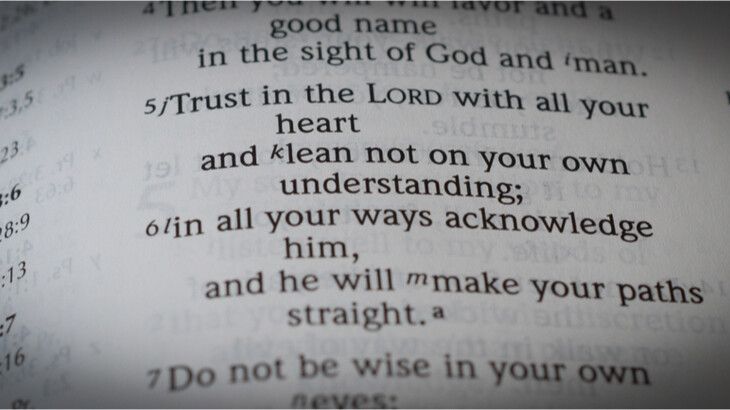Introduction to Proverbs

There is a saying when studying the Bible: Context is king. This saying highlights the principle that one must consider the circumstances surrounding the original text to interpret the Bible correctly. The lens through which we read a particular Bible book will change based on the historical and cultural background. The book of Proverbs is unusual in that it is almost contextless. One author put it this way, “The actual events of Hebrew history play almost no role in the book of Proverbs.” Why would this be the case? It has much to do with the content of the book.
Proverbs falls in the category of wisdom literature in the Bible. This type of writing imparts biblical instruction, shaping the hearer’s character and virtue. The book primarily consists of, well, proverbs; these are short, pithy sayings summarizing practical truth, using comparison and contrasts. These sayings involve observations and reflections on human life and guide the reader toward skillful godly living. In other words, the Proverbs are the wisdom of God, imparted through human experience. As God’s people, we are commanded to live wisely in every circumstance of life, no matter the time, people, or place; therefore, Proverbs transcends all contexts. What a unique and necessary book for God’s people to know well!
All this said, there is still needed work to read and understand this book rightly. As mentioned above, Proverbs is classified as wisdom literature by scholars, along with Job and Ecclesiastes. The book divides nicely into three major sections: discourse material (chapters 1-9), the collection of proverbs (chapters 10-29), and the Massaite appendices (chapters 30-31). Solomon authored much of it, as one verse reads, “The proverbs of Solomon, son of David, king of Israel.” He is also credited with 3,000 additional sayings (1 Kings 4:32) not recorded in this book! We read in 1 Kings 4:29, “God gave Solomon wisdom and understanding beyond measure...so that Solomon’s wisdom surpassed the wisdom of all the people of the east and all the wisdom of Egypt. For he was far wiser than all other men.” There are also two other authors noted in Proverbs: Agur, the son of Jakeh, and King Lemuel. We know little of these men. Proverbs 25:1 notes, “the men of Hezekiah king of Judah” collected these wise sayings into one book. There is no unified agreement on when the book was compiled, with dates ranging from the tenth century to the sixth century BC, though many scholars lean toward the latter period.
Throughout the ancient Near East, there was a tradition of having wise men as counselors to the king. Many of these cultures also collected wise sayings that passed down through generations. In the Israelite society, these wise men held positions of leadership in the royal court, alongside priests and prophets. They would use these collections of wisdom to train the young male royal officials in the ways of leadership.
While Proverbs follows within this wisdom tradition, it has a few distinguishing features. First and most importantly, what sets the wisdom literature of the Bible apart is with whom wisdom originates. In the opening lines of the book, we learn the fear of the Lord is the beginning of knowledge (verse 7). Though Proverbs is a collection of men’s sayings, its real source is God. These inspired words are profitable for teaching and training in righteousness (2 Tim. 3:16). As readers of this book, we have an even more significant advantage than the original audience- we know the risen Savior, Christ! He is the living embodiment of wisdom: “Christ, in whom are hidden all the treasures of wisdom and knowledge” (Col.2:3) Now when we, as Christians, Proverbs 8, we know it is an incredible, in-depth description of Jesus and the blessings of life in Him! Another distinguishing feature of this book is the domestic, familial nature of the instruction given, referencing both father and mother. The phrase “my son” is used 21 times in this book. The reader can imagine parents pleading with their son or daughter to pursue wisdom as they leave home to live on their own for the first time. We, too, benefit greatly from reading these words of guidance as God’s children sent out into a lost world.
Finally, as we wade into the deep waters of Proverbs, we must keep in mind this is not a book of promises. It is a book of principles for wise, godly living. We experience the heartache and disappointment of life in this sinful world, but we know our hope is firmly in Christ. We can seek to glorify and honor Him in this life by walking “in the way of good” and keeping “to the paths of the righteous” (2:20).
